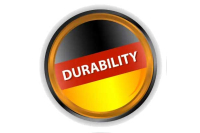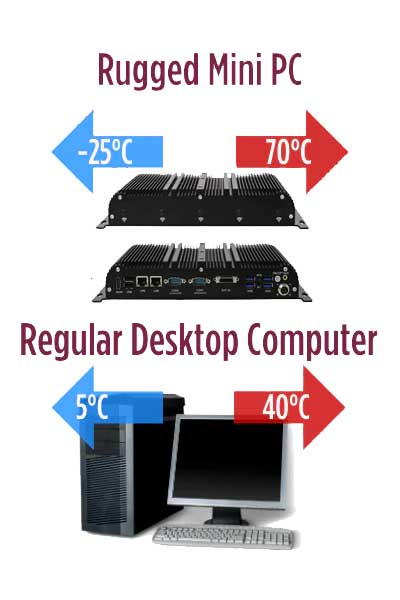
In today's tech-driven world, both personal computers (PCs) and industrial mini PCs play crucial roles in various environments. However, when it comes to specific industrial applications, the advantages of industrial mini PCs become evident. Here's why industrial mini PCs often outshine personal PCs in industrial settings:
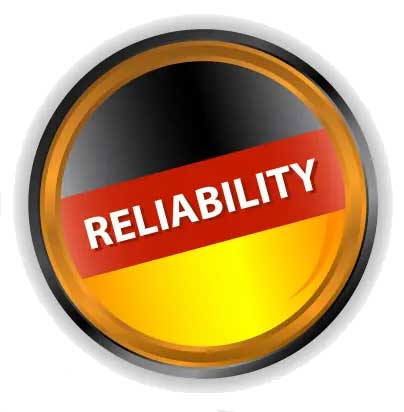 Industrial mini PCs are built to withstand harsh conditions such as extreme temperatures, dust, vibrations, and moisture, which are common in industrial environments. They are often designed with ruggedized enclosures and components, ensuring continuous operation even in demanding situations. Personal PCs, on the other hand, are typically not engineered to endure such conditions and may suffer from reliability issues when exposed to industrial settings.
Industrial mini PCs are built to withstand harsh conditions such as extreme temperatures, dust, vibrations, and moisture, which are common in industrial environments. They are often designed with ruggedized enclosures and components, ensuring continuous operation even in demanding situations. Personal PCs, on the other hand, are typically not engineered to endure such conditions and may suffer from reliability issues when exposed to industrial settings.
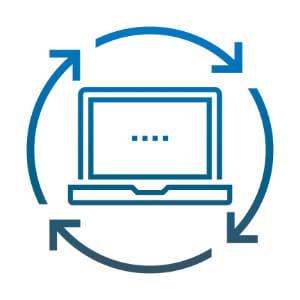
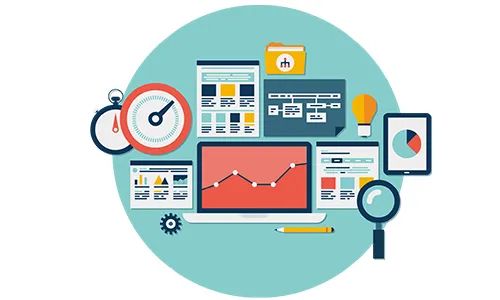
In conclusion, while personal PCs have their place in everyday computing tasks, industrial mini PCs offer distinct advantages in industrial settings where durability, reliability, customization, performance, and regulatory compliance are paramount. By choosing industrial-grade hardware, businesses can ensure the seamless operation of critical industrial applications and minimize the risk of costly downtime and disruptions.
1. Durability and Reliability:
 Industrial mini PCs are built to withstand harsh conditions such as extreme temperatures, dust, vibrations, and moisture, which are common in industrial environments. They are often designed with ruggedized enclosures and components, ensuring continuous operation even in demanding situations. Personal PCs, on the other hand, are typically not engineered to endure such conditions and may suffer from reliability issues when exposed to industrial settings.
Industrial mini PCs are built to withstand harsh conditions such as extreme temperatures, dust, vibrations, and moisture, which are common in industrial environments. They are often designed with ruggedized enclosures and components, ensuring continuous operation even in demanding situations. Personal PCs, on the other hand, are typically not engineered to endure such conditions and may suffer from reliability issues when exposed to industrial settings.
2. Longevity and Lifecycle Support:
Industrial mini PCs are designed with long-term availability in mind. Manufacturers of industrial-grade hardware typically offer extended product lifecycles and guaranteed availability of components for several years. This ensures that industrial systems can be maintained and supported for an extended period, reducing the risk of downtime and costly replacements. In contrast, personal PCs are often subject to frequent model changes and component discontinuations, making long-term support and maintenance challenging.
3. Customization and Integration:
Industrial mini PCs are highly customizable to meet the specific requirements of industrial applications. They can be equipped with a wide range of I/O ports, expansion slots, and specialized features such as industrial-grade connectors, redundant power supplies, and ignition control for automotive applications. This flexibility allows industrial mini PCs to seamlessly integrate into existing infrastructure and interface with various industrial equipment and devices. Personal PCs, while customizable to some extent, may lack the specialized features and ruggedness required for industrial use.4. Enhanced Performance and Efficiency:
Industrial mini PCs are often optimized for performance and power efficiency, tailored to the demands of industrial automation, control, and monitoring tasks. They may feature energy-efficient processors, solid-state storage, and passive cooling solutions to minimize heat generation and power consumption. This ensures reliable operation in confined spaces and reduces the need for active cooling systems, which can be prone to failure in industrial environments. Personal PCs, while capable of high performance, may not be as optimized for power efficiency and may require additional cooling solutions in industrial settings.
5. Regulatory Compliance and Certification:
Industrial mini PCs are typically designed and certified to meet industry-specific regulatory standards and certifications, such as CE, FCC, UL, and IEC. Compliance with these standards ensures that industrial systems adhere to safety, electromagnetic compatibility, and environmental requirements, mitigating the risk of regulatory non-compliance and ensuring interoperability with other industrial equipment. Personal PCs may not always meet these stringent regulatory requirements, posing potential risks in industrial environments where compliance is mandatory.In conclusion, while personal PCs have their place in everyday computing tasks, industrial mini PCs offer distinct advantages in industrial settings where durability, reliability, customization, performance, and regulatory compliance are paramount. By choosing industrial-grade hardware, businesses can ensure the seamless operation of critical industrial applications and minimize the risk of costly downtime and disruptions.











